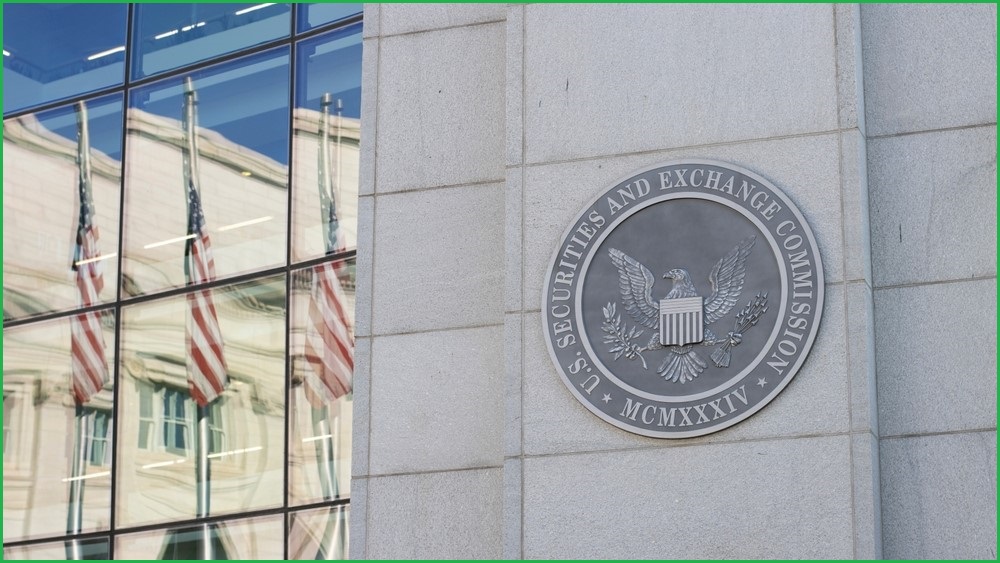Elon Musk bilked Twitter shareholders of at least $240 million ($US150 million) after failing to inform them of his growing shareholding quickly enough, the US Securities and Exchange Commission (SEC) has alleged in legal action which Musk has labelled as “lawfare”.
The action relates to Musk’s rapid acquisition of Twitter shares in 2022, with the world’s now-richest person spending $3.85 billion on 14 March to buy 9.2 per cent of its shares — spiking its share price by 27 per cent when it was revealed in early April of that year.
Musk was required to notify the SEC within 10 days, or by 24 March, but didn’t lodge the required paperwork until 1 April, during which time he bought more than $800 million ($US500 million) in extra shares at prices the SEC now says were undervalued.
By taking too long to inform markets about his increasing beneficial ownership — when an individual owns a significant shareholding in a public company — the SEC alleges the delay cost shareholders millions.
Beneficial ownership rules “help investors make informed investment decisions by providing information about accumulations of … equity securities by persons who have the potential to change or influence control,” the SEC said.
“Because Musk failed to timely file a beneficial ownership report with the SEC, he was able to make these purchases of Twitter common stock at artificially low prices from the unsuspecting public” that didn’t appreciate Musk’s intention to buy the company, it alleged.
After a series of moves, Musk ultimately bought Twitter in April 2022 for $61.5 billion ($US44 billion), failed to back out of the deal, then began a series of mass layoffs, philosophical changes, and the app’s conversion to X.
Will Trump’s SEC be a toothless tiger?
The SEC halved the disclosure period in 2023, but Musk’s lawyer Alex Spiro told Reuters that its new action — which aims to fine him and disgorge his allegedly ill-gotten profits — was a “sham” and capped a “multi-year campaign of harassment” by the agency.
“Today’s action is an admission by the SEC that they cannot bring an actual case,” Spiro said.

The SEC is facing a range of major changes under the incoming Trump administration. Photo: Shutterstock
The case comes amidst a likely sea change for the SEC, whose chair Gary Gensler has been a favoured whipping boy for incoming US president Donald Trump — who repeatedly promised to fire Gensler for his allegedly hostile posture on cryptocurrency.
Gensler, whose agency recorded a significant drop in successful enforcement actions during 2024 despite bringing in record fines, is expected to leave the SEC once Trump takes power, with observers anticipating “major changes” at the agency.
These changes include winding back climate-related and other disclosure requirements, focusing on pro-business policies, and overhauling cryptocurrency policy as the Trump administration "hits the brakes" and dramatically reshapes the SEC.
That could leave the new action against Musk — who has become one of Trump’s closest advisors in recent weeks — dead in the water given that both men have faced persecution for what Spiro called an “alleged administrative failure”.
New horizons for crypto
Whatever the fate of the legal action, Musk will also likely benefit from a more crypto-friendly posture at the SEC, which last year won a $7.2 billion ($US4.5 billion) judgement against Terraform Labs and pushed towards AI regulation under Gensler.
Widespread use of AI for investment decision-making could destabilise financial markets, Gensler has previously warned in philosophical juxtaposition to Musk’s growing interests in both cryptocurrency and AI.
The Grok AI engine, built by Musk’s xAI, has few of the controls of market-leading rivals like OpenAI’s ChatGPT and Google’s Gemini — and with Musk already facing pressure from fraught regulators in Australia and elsewhere, Trump’s support could be invaluable.
Reports also emerged earlier this month that Musk — whose very mention of specific cryptocurrencies regularly boosts their value — is preparing to launch an X Money cryptocurrency later this year, into a market set to be both riskier and more liberalised.










